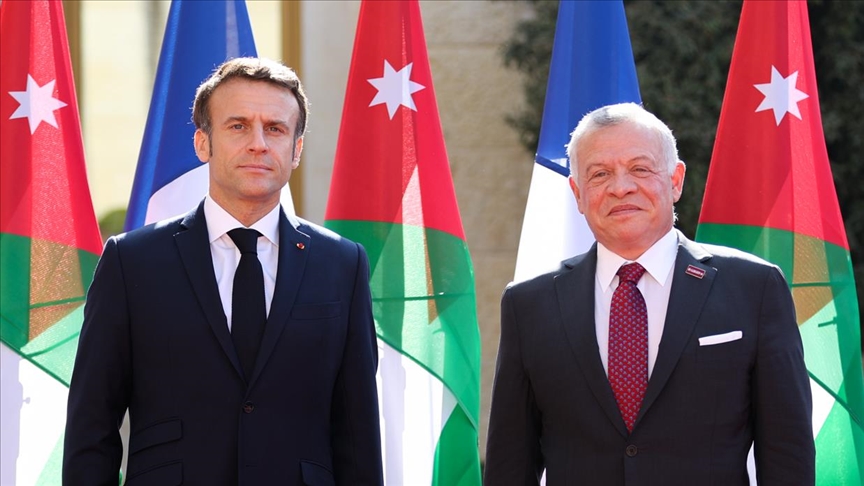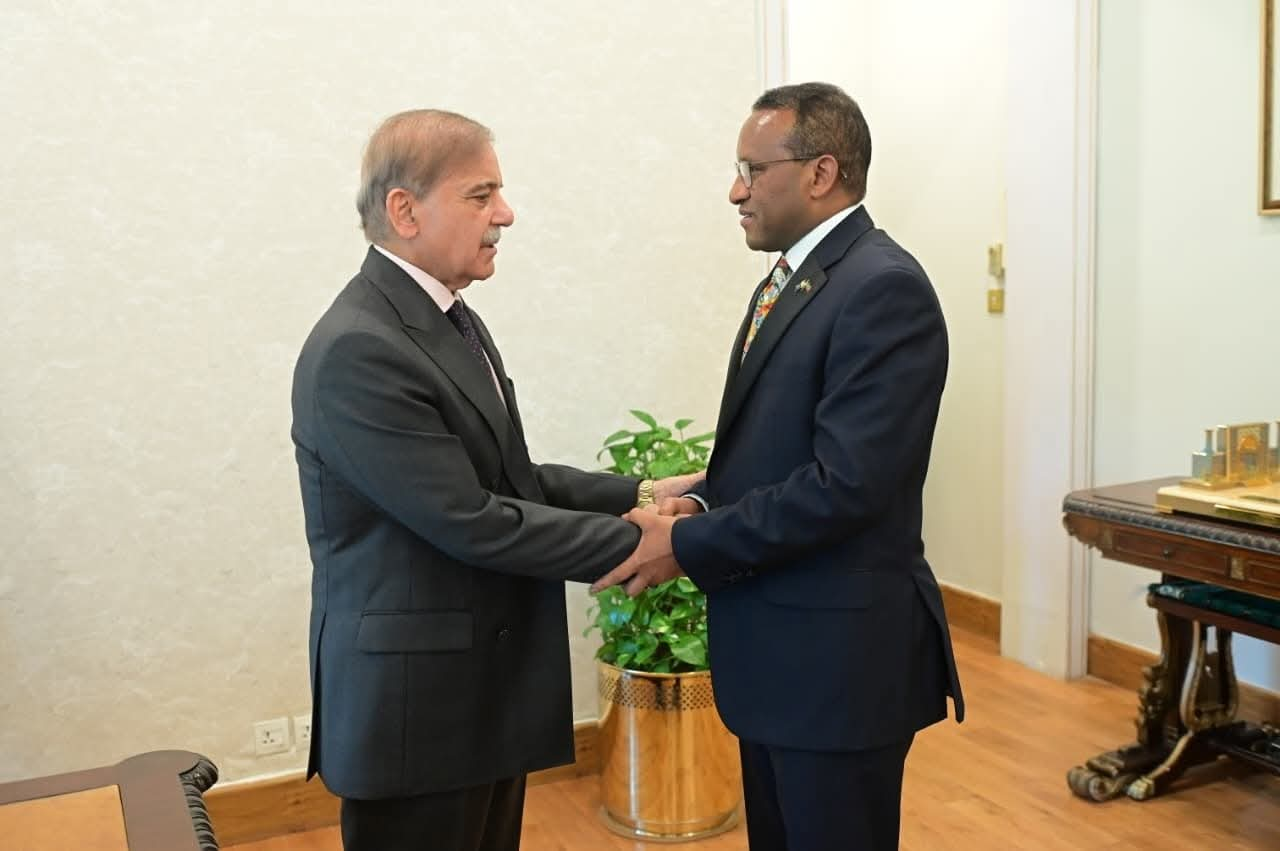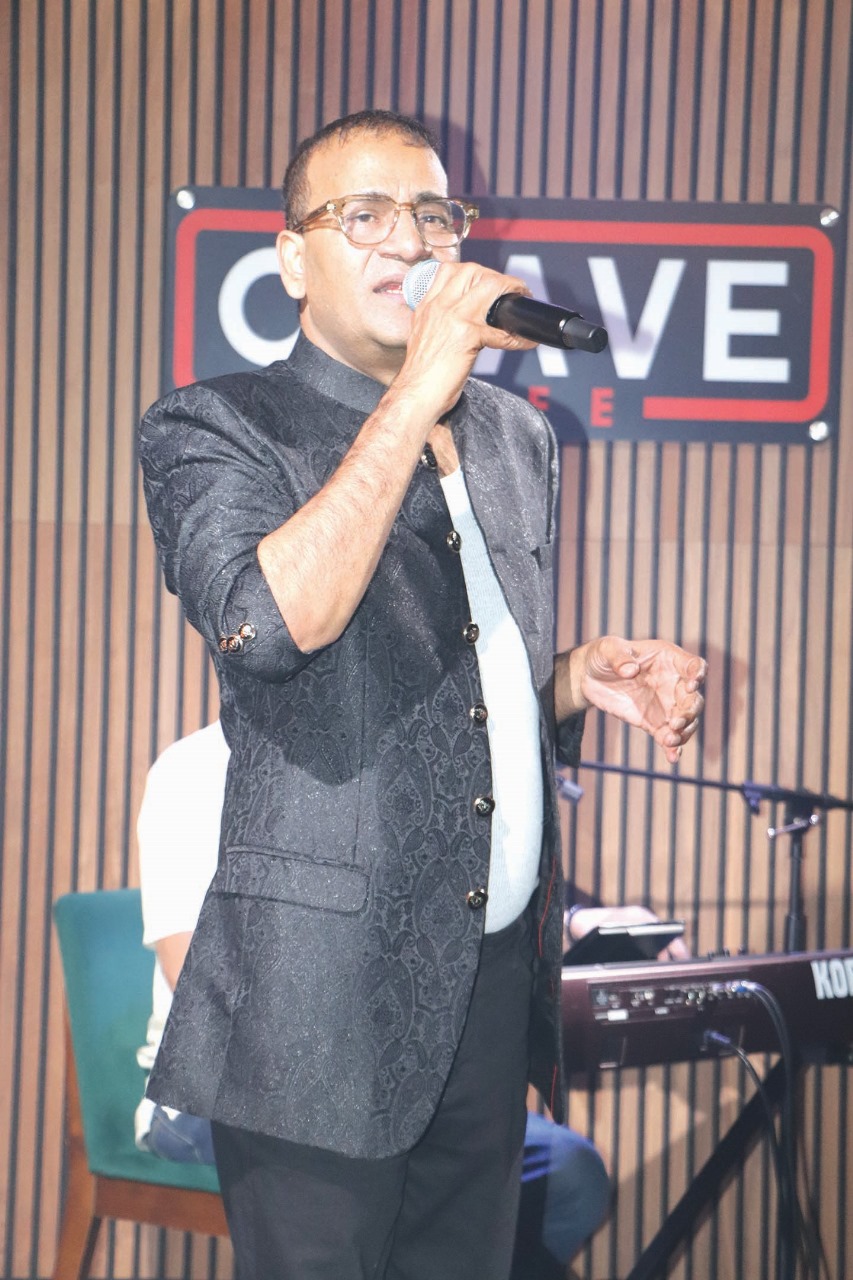The Prophet’s Final Warning.
Atop the windswept plain of Arafat, in the twilight of his life, the Prophet Muhammad (peace be upon him) reminded a gathering of believers:
“No Arab is better than a non-Arab, nor is a non-Arab better than an Arab, except in piety and good conduct.”
It wasn’t just a sermon; it was a safeguard. A line drawn in the sand against pride and tribal arrogance. He named the disease because it already existed. The symptoms were there. That divide—Arab and Ajam (non-Arab)—would go on to shape centuries of politics cloaked in piety, identity masked as theology.
The First Qadisiyya: When the Empire Fell
In 636 CE, on the edges of the Euphrates, the Arab-Muslim army led by Sa‘d ibn Abi waqas met the mighty Persians at Qadisiyya. The Sassanid Empire fell. Ctesiphon was taken. And Arab chroniclers wrote not of a battle, but of a birthright.Sa‘d ibn Abi Waqqas became a household name in the Muslim world.
Qadisiyya became more than a military victory. It became a myth — of Arab destiny, Arab leadership, and Arab supremacy over the Persian world. It was recited from pulpits, carved into memory, and sharpened into swords.
Until Saddam.
Saddam’s Qadisiyya: A War for Arab Pride
In 1980, Saddam Hussein launched a brutal war against Iran. He called it Qadisiyyat Saddam, claiming to revive the glory of the past. Arab kings backed him with open wallets and closed eyes. For eight years, the blood flowed.
Gulf billions fuelled Iraqi guns. Western powers supplied arms and silence.-
The aim: break the Shia republic and stop the fire from spreading.
But when the smoke cleared, Saddam turned. Not east, but south. In 1990, he invaded Kuwait. The same kings who once toasted him now trembled before him. The sword they had fattened was now at their own throats. The lesson? Arab alliances built on fear, not values, come back to haunt.
2025: Another Qadisiyya Attempted
This year, the drums beat again.
Israel launched a 12-day war against Iran. It was swift, high-tech, and calculated. Drone strikes, assassinations, bunker busters. The goal? Cripple the nuclear programme. Decapitate the IRGC. Maybe, just maybe, cause the regime to fall. The U.S. joined in with surgical strikes. And the Arab world? Those with new friends in Tel Aviv? They watched. Not one king raised a finger. Not one capital condemned the strikes. Just statements of “concern,” as if watching a building collapse from the safety of a hotel balcony.But Iran stood. Hit hard, yes. But not broken.
Their missiles reached Israeli skies. Their people, even those who disliked the regime, stood with their flag. There was no uprising. No collapse.
The second Qadisiyya was blunted.
The Surprise: Pakistan Finds Its Voice
Amid the silence of gold-laden palaces and American-approved airspace, came a voice from the east: Pakistan condemned the aggression outright. No wobbling. No whispers. Not for Shia doctrine. Not for Iranian politics.
But for a simple truth:
sovereignty matters. International law matters. Muslim honour matters. We may be poor. We may be begging the IMF. But we still remember what it means to stand for something bigger than ourselves.
And Tehran noticed.
In the Iranian Majlis, lawmakers waved Pakistani flags. “Tashakur Pakistan” echoed through the chamber. On the streets, green crescents fluttered beside portraits of martyrs. For once, the Arab-Ajam divide blurred. Not because of diplomacy. But because of dignity. Not Sectarian, But Moral This wasn’t a Shia-Sunni issue. That line, drawn long ago, was crossed long before. Iran supports Hamas. Sunni.- Arab monarchies support Israel. Bombing Sunnis in Gaza. So let’s not pretend anymore. The compass isn’t creed. It’s calculation. And while Arab rulers calculated silence, Pakistan chose to speak.
To Our Arab Brothers: This Was Not Betrayal, But A Reminder
Let us be clear. If tomorrow, a foreign power invades Riyadh, bombs Manama, or targets the sovereignty of Muscat,
Pakistan will stand with you too.
Not because of race. Not because of trade.
But because we believe in a brotherhood that transcends embassies and arms deals.
We have our flaws. We stumble. But our moral compass, battered as it is, still points true north.
The Real Reversal of Qadisiyya.
This time, it wasn’t the Arabs who led the charge.
It wasn’t the Ajams who crumbled.
And it wasn’t the kings who carried the flag.
It was Pakistan — fragile, tired, but upright — that remembered the Prophet’s sermon.
That no Arab is better than a non-Arab.
That right is greater than race.
That silence, when wrong is done, is not diplomacy — it is betrayal.
In 2025, history repeated itself.
But this time, the script was flipped.
And when the pages are turned decades from now, let it be written:
Pakistan did not bend. It stood.
Even if it stood alone.


